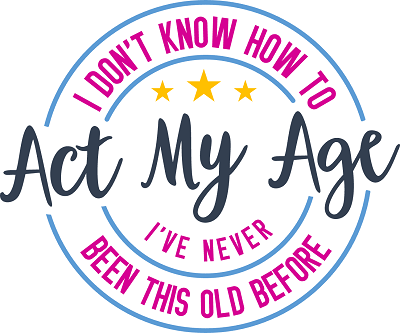 There is a lot of hype out there about alkaline diets, which are diets containing foods that are alkaline in nature rather than acidic. Alkaline foods are foods that have a pH of 7 or greater (like vegetables), while acidic foods (like vinegar and lemons) have a pH of less than 7). Many Hollywood celebrities swear by this diet, saying that an alkaline diet can help a person lose weight and can stave off illnesses like cancer and arthritis.
There is a lot of hype out there about alkaline diets, which are diets containing foods that are alkaline in nature rather than acidic. Alkaline foods are foods that have a pH of 7 or greater (like vegetables), while acidic foods (like vinegar and lemons) have a pH of less than 7). Many Hollywood celebrities swear by this diet, saying that an alkaline diet can help a person lose weight and can stave off illnesses like cancer and arthritis.
What is the Theory Behind an Alkaline Diet?
The idea is that certain foods, namely wheat products, refined sugar, meats, and processed foods will produce acid in your body, which is supposedly bad for your system. If you instead eat foods that are “basic” or “alkaline” in nature, the body will lose weight and you will generally feel better.
Basic Science in Your Body
Your body has a pH of between 7.35 and 7.45, which is slightly alkalinic. A pH of 7 is considered neutral. Our bodies fight to keep the pH within this range by changing our respiration and by using the kidneys’ filtering processes to hold onto bicarbonate or excrete it so that your body can stay within the alkaline range. T
he idea is that when the body eats too many acidic foods, it makes the kidneys have to work harder to keep the pH in the alkaline range.
The problem with the alkaline diet is that it really can’t change the pH of your body very much. You can eat all the acidic foods or all the alkaline foods you want and the body will be able to compensate for the dietary change.
Perhaps the reason why the alkaline diet helps you lose weight is that alkaline foods are often naturally low in calories and fat. It may be a mere coincidence that by eating alkaline foods, you eat more fruits and vegetables, plenty of water, and avoid calorie-containing sugar, processed foods, and alcohol.
This will naturally improve your weight, energy levels, and health, regardless of the actual pH of the foods you take in.
Acid Foods
Acid containing foods include things like cheese, meat, bread and processed foods can cause uric acid kidney stones. By eating alkaline foods, you can improve brain function, lessen pain in your low back, decrease your risk of colon cancer, and maximize your heart health. Muscles and bones remain strong on an alkaline diet.
Is there scientific proof that these things really are connected to eating alkaline foods rather than acidic foods? Not really.
Alkaline Foods
If you are still thinking that trying an alkaline diet can’t hurt, go out, and make sure that your kitchen is filled with fruits and vegetables, tofu, nuts, soybeans, seeds, and legumes. These promote an alkaline bloodstream so you can eat as many of these as you want on your alkaline diet.
Foods to avoid are prepackaged foods, dairy products, meat, grains, canned foods, and eggs. These tend to be more acidic and should not be consumed on an alkaline diet. Caffeine and alcohol are acidic as well so you should avoid these as much as possible.
Does it Work?
Of course, if you cut out processed foods, sugar, meats, and dairy products and instead eat a lot of fruits and vegetables, there is a good chance that you will lose weight. The actual pH of the foods or what it does to the body (turning it alkalinic or acidic) may have nothing to do with the effectiveness of eating these kinds of foods.
On any diet, it is recommended that you exercise regularly so this, too, can help you lose weight.
The biggest change in eating an alkaline versus an acidic diet is that now you will be eating a vegetarian diet and exercising more—all things that promote good health and a loss of weight. Is this a good thing? Of course it is. Eating natural whole food that is low in calories and fat will promote a healthy weight and good health.
An alkaline diet is, for the most part, gluten free, so that it is a good diet to adopt if you have gluten intolerance or if you think you want to eliminate gluten in your diet.


